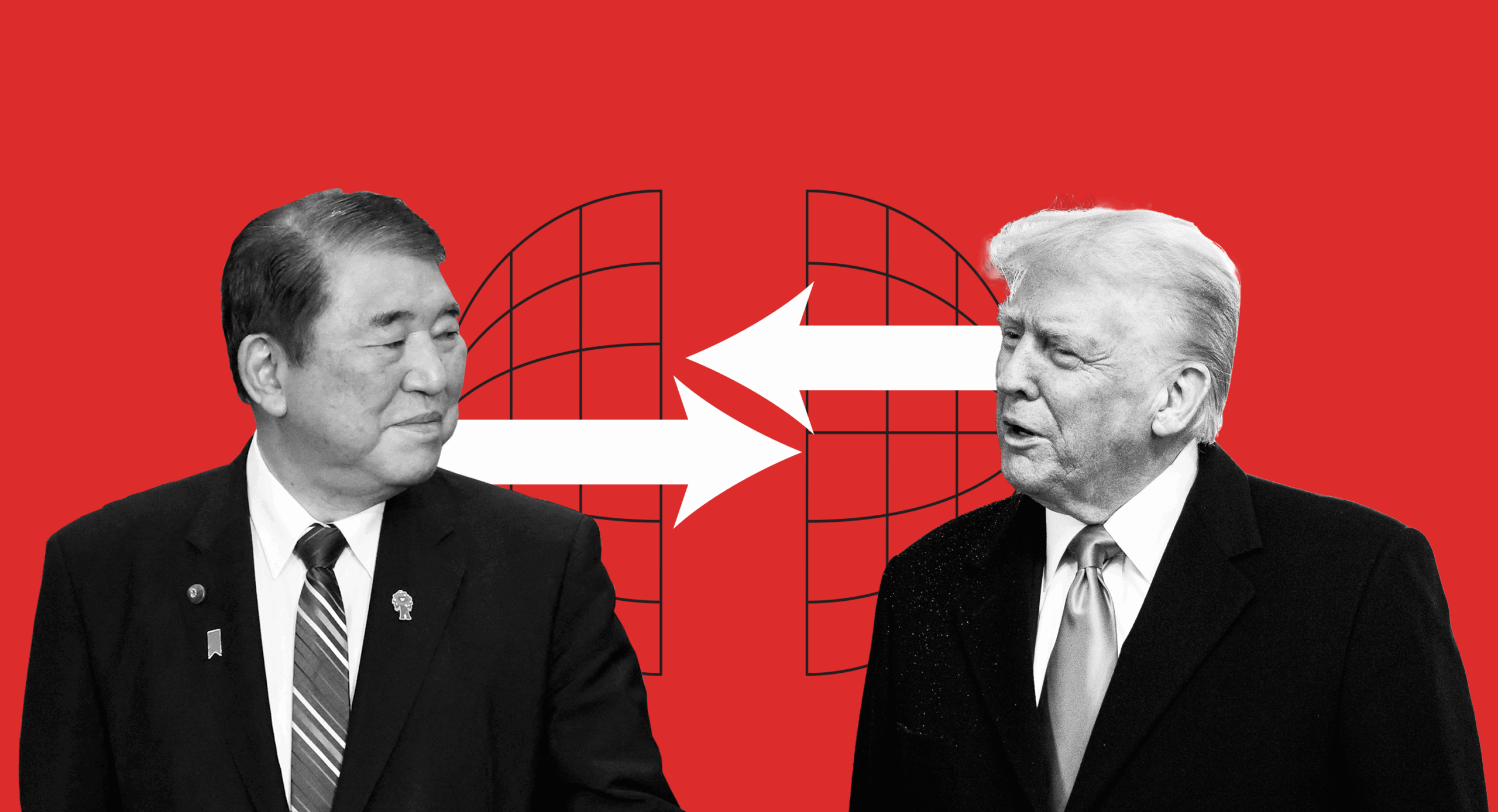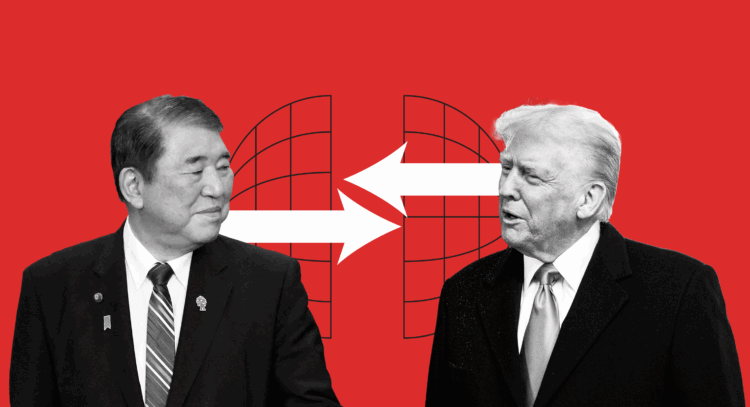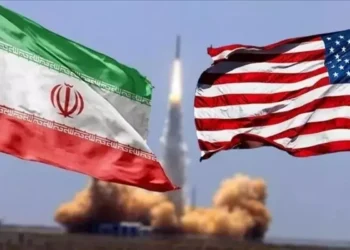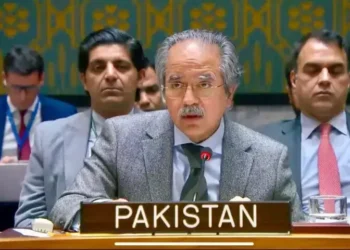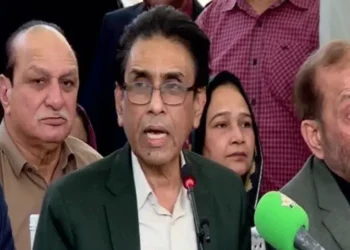Washington/Tokyo: US President Donald Trump has indicated that a trade deal with Japan is unlikely to be reached before the July 9 deadline, threatening to impose significantly higher tariffs of 30 or 35 percent on Japanese imports if an agreement isn’t secured. This comes as a 90-day pause on additional global tariffs, set by the Trump administration, is set to expire next week.
In response, Japanese Prime Minister Shigeru Ishiba has emphasized the importance of safeguarding national interests during these fraught tariff negotiations. Speaking at a party leader debate, Ishiba asserted that Japan is the largest investor in the United States and one of the biggest creators of jobs there, making its case “a different case from other countries.” He stressed that investment, rather than tariffs, is the fundamental solution to cutting the US trade deficit.
Trump’s latest comments, made on Tuesday, July 1, 2025, from Air Force One, signal a hardening stance against Japan. He has criticized Japan for not importing enough American cars or rice, even claiming, “They won’t take our RICE, and yet they have a massive rice shortage,” a claim disputed by US trade data. Trump suggested he would simply “send them a letter” announcing the higher tariffs if a deal isn’t struck.
Currently, Japan faces a 10 percent baseline tariff on most imports to the US, along with additional duties on specific sectors like automobiles (25%), steel (50%), and aluminum (50%). The 90-day pause had temporarily reduced some of these country-specific reciprocal tariffs, but their re-imposition at higher rates, as threatened by Trump, could significantly impact Japanese exports and the global economy.
Japanese officials, including Deputy Chief Cabinet Secretary Kazuhiko Aoki and Chief Cabinet Secretary Yoshimasa Hayashi, have largely refrained from direct commentary on Trump’s specific threats, instead reiterating their commitment to “sincere and faithful” bilateral talks aimed at an agreement beneficial to both nations. However, Prime Minister Ishiba’s firm stance on protecting national interests suggests Japan is prepared to resist concessions that could harm its domestic industries, particularly the crucial automotive sector
The looming July 9 deadline and the escalating rhetoric underscore the continued trade tensions between the two allies, with global markets closely watching for the outcome.
